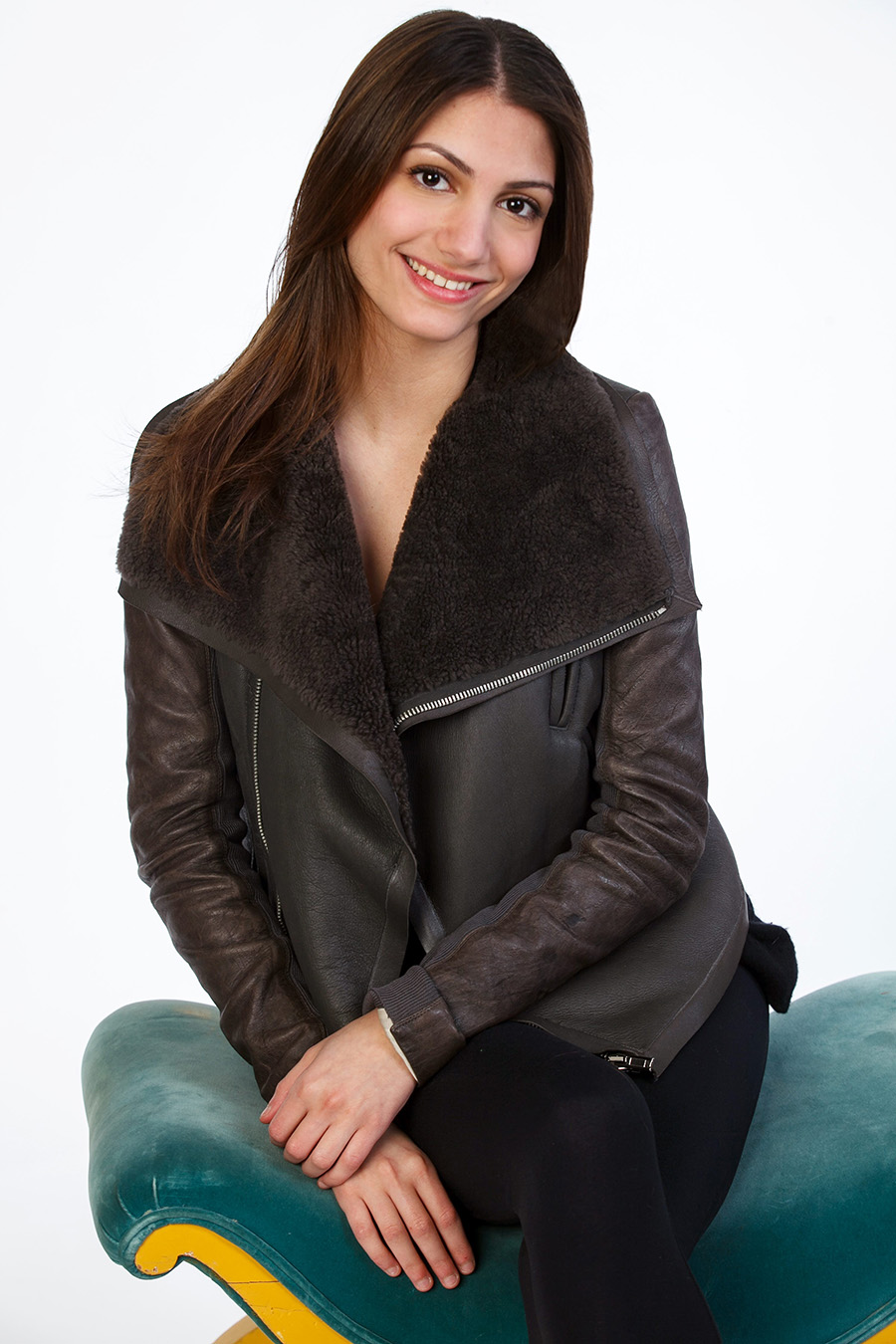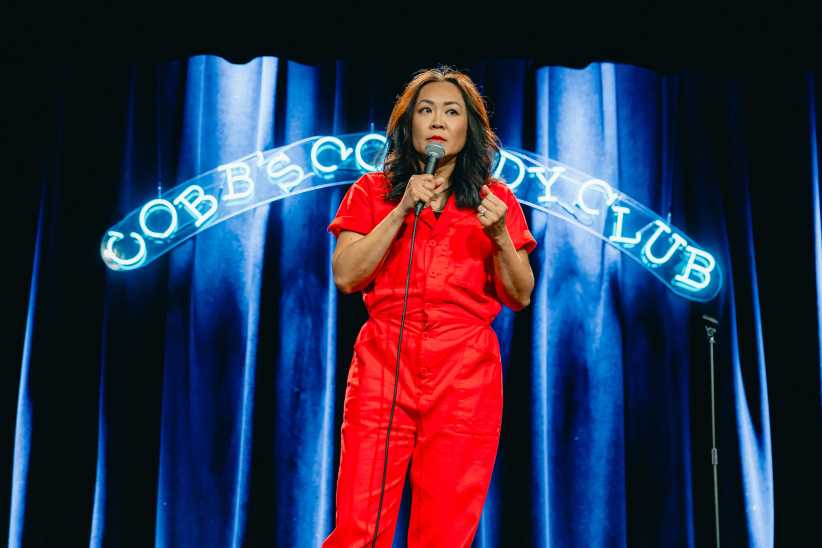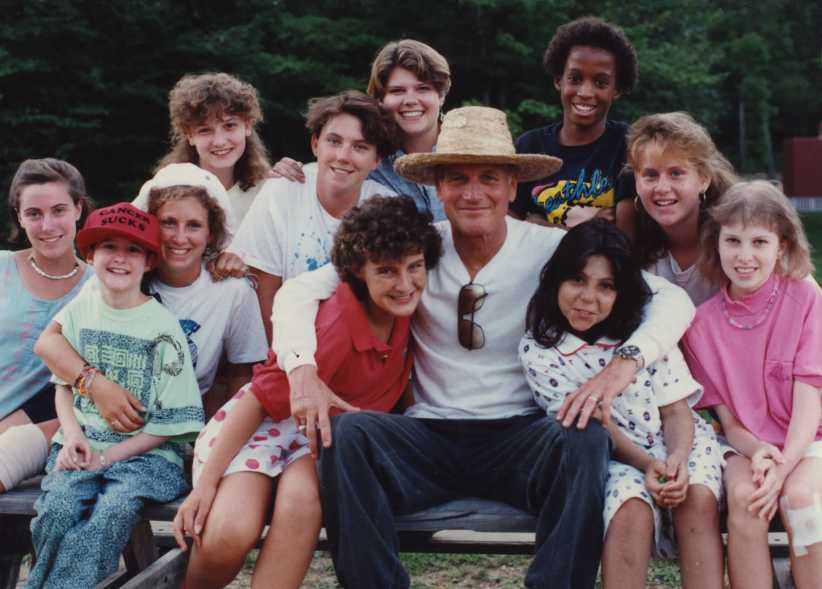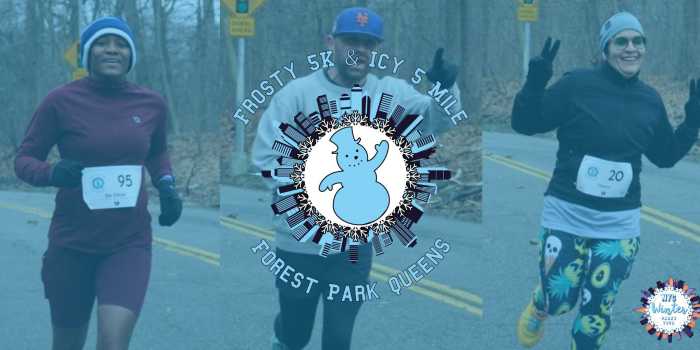
Patients ride in little red wagons. Colorful decorations deck the hallways. The cafeteria’s made-to-order meals feel like home. St. Jude Children’s Research Hospital, in Memphis, Tennessee, purposely doesn’t feel like a hospital—instead, it’s a place for hope.
Every day, the institution strives to solve medical problems and treat patients in need. St. Jude is the first and only pediatric cancer center to be designated as a Comprehensive Cancer Center by the National Cancer Institute and is the first institution to develop a cure for sickle cell disease. What’s more, no family ever pays for anything at St. Jude.
These are just a few of the facts that make Samantha Cohen, a New York City high school junior, a proud and passionate supporter of St. Jude.
Her work with St. Jude began when her father took a tour of the hospital with the Eric Trump Foundation (ETF) two summers ago. He fell in love with the institution and wanted Cohen to experience it, too. The following summer, she and two friends had the opportunity to spend two weeks at St. Jude on a service-based internship, doing arts and crafts with recovering patients, serving dinner, playing bingo, singing karaoke, and participating in other social activities that lightened up what seemed to be a remarkably lively place for a hospital.
Months later, Cohen still vividly remembers her time there. The high-spirited patients stand out especially. “I got close with about 30 kids,” she says. “Seeing their positive attitude day in day out challenges you to be as positive as you can be. You want to be there for them.”
Buoyed by her internship, Cohen has since volunteered at St. Jude’s offices in the city and has begun to lay the groundwork for a big fundraiser this summer. “If you want to do anything for St. Jude, realistically, what they need is money,” she says. “No kid is denied there—even if you have something that they’ve never even seen before, they’ll create a protocol for you.” Plus, unlike some other research centers, St. Jude also has an open research policy and shares its findings freely with doctors and scientists worldwide.
One of the most important and eye-opening facts Cohen learned about St. Jude is that most of its money comes from everyday donors, who often contribute on a special payment plan of $19 per month (or about 63 cents per day). They are essentially the lifeblood of hospital.
“I know you can do more than just give money, and that’s why I went to the hospital last summer,” Cohen says. “But then again, St. Jude is the kind of place where money is what they need to continue doing what they do so well.”
Cohen isn’t a first-time philanthropist. Her charitable work officially began in 8th grade, when she volunteered for Operation Smile, which helps children with cleft lips and palates, and with Gabrielle’s Angel Foundation, which raises money for research on leukemia, lymphoma, and related cancers. She continued her work with Operation Smile until she began focusing on St. Jude this year. She also is interested in education and has been, through the JCC’s Literacy Program, tutoring at her local public high school for four years, helping second graders who are falling behind.
The message she would like to give other kids who want to do philanthropic work is simple: Do whatever you can. “If you do something that means something to you, it will mean something to the person you’re helping.”













